AI Disputes: Navigating Legal Boundaries and Ethical Principles
chen(作) 基本原则AI Disputes: Navigating Legal Boundaries and Ethical Principles
Artificial Intelligence (AI) has revolutionized various industries, including healthcare, finance, transportation, and legal. As AI becomes more integrated into our daily lives, it is not uncommon for disputes to arise regarding its use, development, and deployment. These disputes can be complex, often requiring a nuanced understanding of the intersection between law, technology, and ethics. This article aims to provide an overview of some key legal considerations in AI-related conflicts and how they align with ethical principles.
Legal Frameworks: 1. Intellectual Property Rights: With AI's ability to generate new content or ideas, questions about authorship, patents, trademarks, and copyright infringement have emerged. The European Union's Directive on Copyright in the Digital Single Market introduced provisions that could potentially extend protection to works created by AI. 2. Privacy and Data Protection: AI systems rely heavily on data collection and analysis. Therefore, compliance with privacy laws such as GDPR in Europe or the California Consumer Privacy Act (CCPA) in the United States is crucial. Misuse of personal data can lead to significant legal consequences, including fines and lawsuits. 3. Liability: When something goes wrong due to AI, determining liability can be challenging. Is it the developer, manufacturer, user, operator, or software itself? Product liability laws may need to evolve to address these issues, especially when autonomous systems make decisions without human intervention. 4. Contract Law: Smart contracts using blockchain technology are self-executing contracts with the terms directly written into lines of code. While smart contracts offer efficiency and transparency, their enforceability and interpretation under existing contract law require careful consideration. 5. Employment and Labor Laws: As AI automates certain tasks, employment relationships might change, leading to concerns about job displacement and worker rights. Employment laws will likely need to adapt to protect workers while allowing businesses to innovate with AI technologies. 6. Antitrust and Competition Laws: Concerns about market dominance and anticompetitive behavior among large tech companies integrating AI into their products are being addressed through antitrust regulations worldwide. For example, Google faced scrutiny over its search algorithms, which allegedly favored its own services over competitors. 7. Ethics Codes and Guidelines: Many organizations develop internal codes of conduct and guidelines to ensure AI development aligns with ethical standards. However, these voluntary measures do not carry the same legal weight as regulatory frameworks but can help mitigate potential risks associated with AI usage.
Case Studies: 1. Tesla Autopilot Accidents: Tesla's autopilot feature has been involved in several accidents where drivers placed too much trust in the system, leading to tragic outcomes. These incidents highlight the importance of clear labeling of driver assistance features and ensuring users understand their responsibilities. 2. Google v. Oracle America Inc.: In this landmark case, Google was found to have infringed upon Oracle's Java SE API copyrights during the development of Android. The decision emphasized the balance between fair use and intellectual property protections in the context of technological innovation. 3. Facebook's Facial Recognition Settlement: Facebook reached a $650 million settlement after allegations that it collected biometric data without consent. This case underscores the significance of obtaining informed consent from individuals before collecting and processing sensitive data like facial recognition information.
Navigating the legal boundaries surrounding AI requires constant adaptation to evolving technology and changes in legislation. It also necessitates collaboration among policymakers, technologists, ethicists, and legal professionals to create frameworks that foster responsible AI development while protecting individual rights and promoting public welfare. By doing so, we can harness the full potential of AI while mitigating the risk of future disputes within the bounds of both legality and morality.
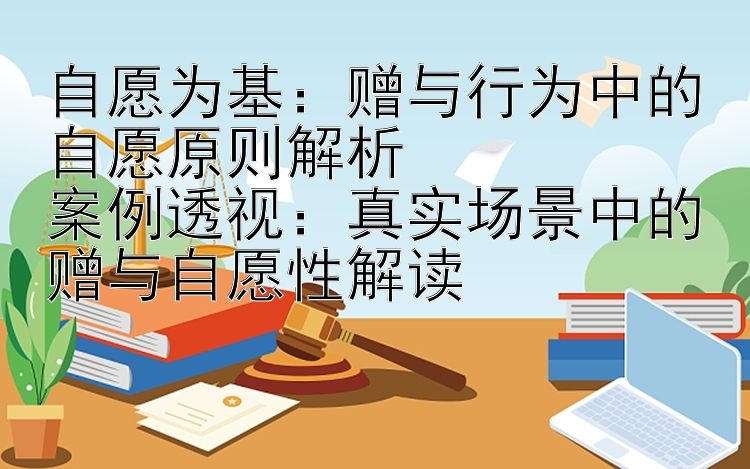

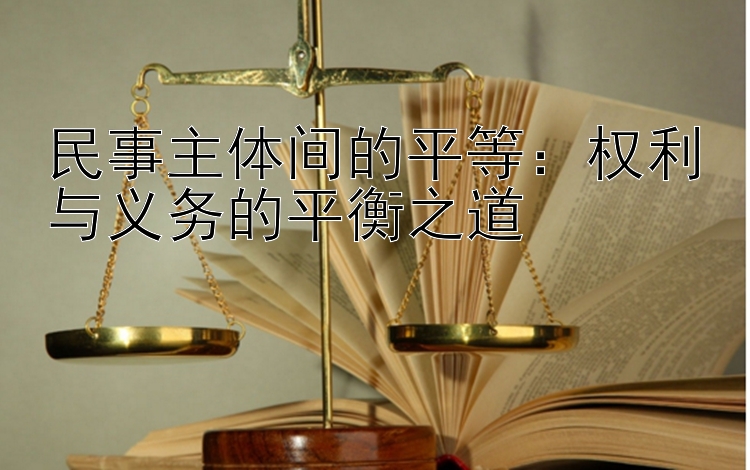
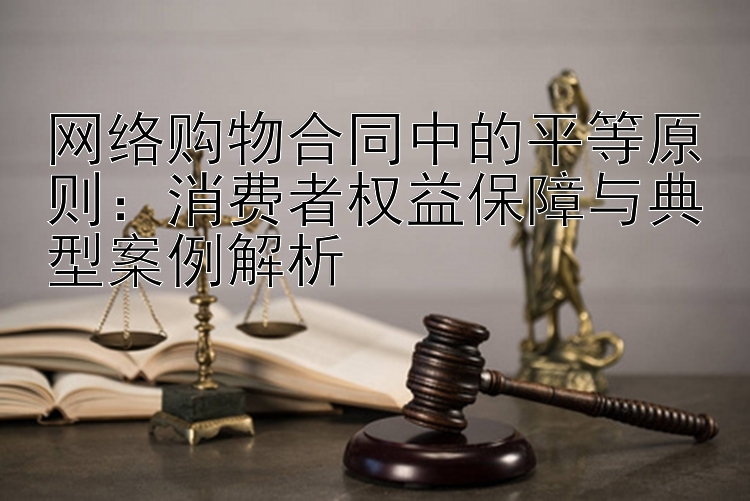

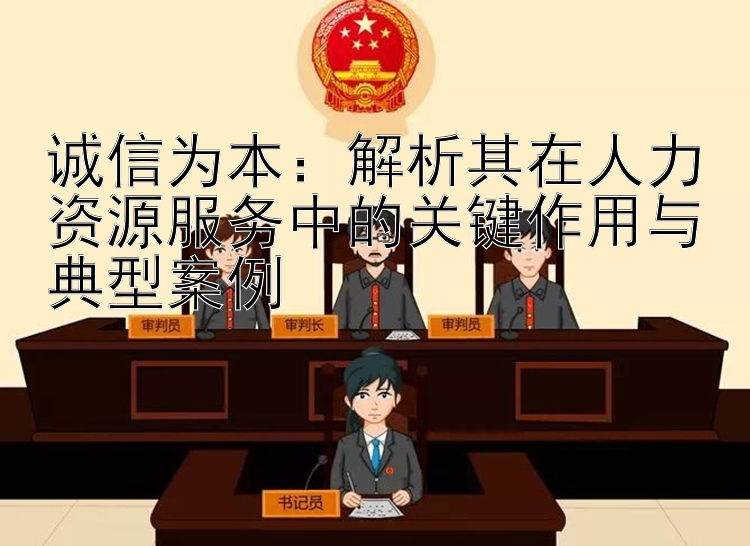
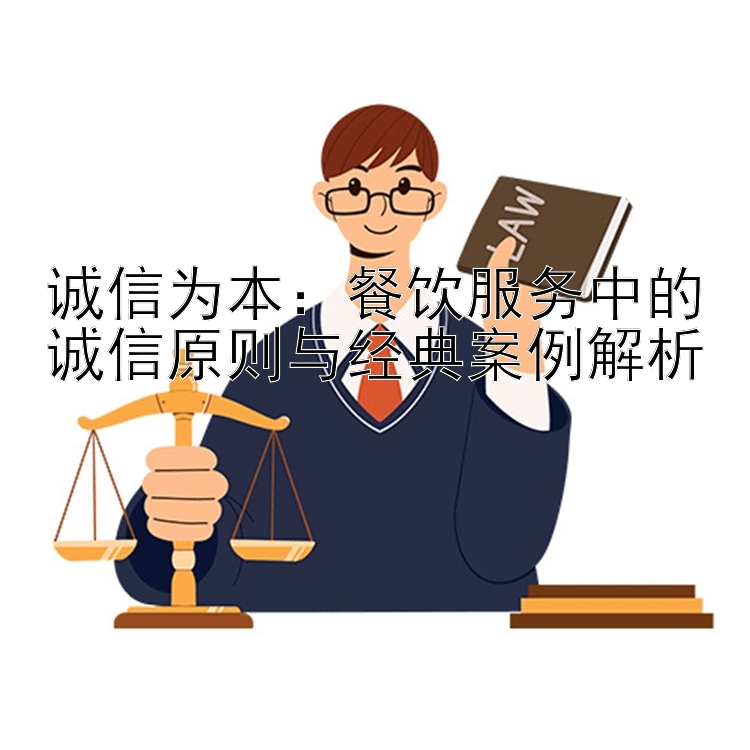

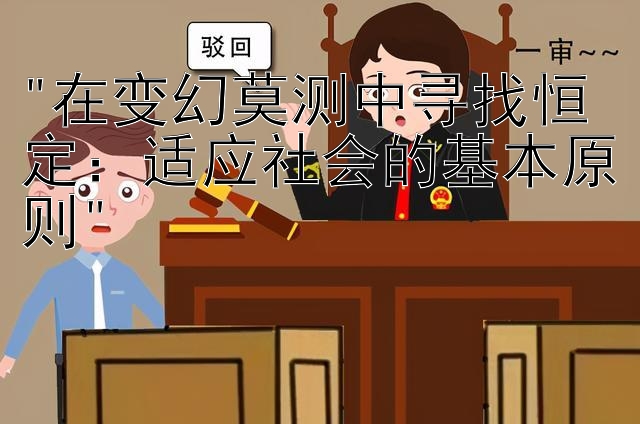 在变幻莫测中寻找恒定:适应社会的基本原则
在变幻莫测中寻找恒定:适应社会的基本原则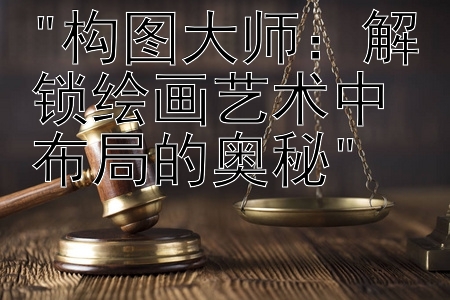 构图大师:解锁绘画艺术中布局的奥秘
构图大师:解锁绘画艺术中布局的奥秘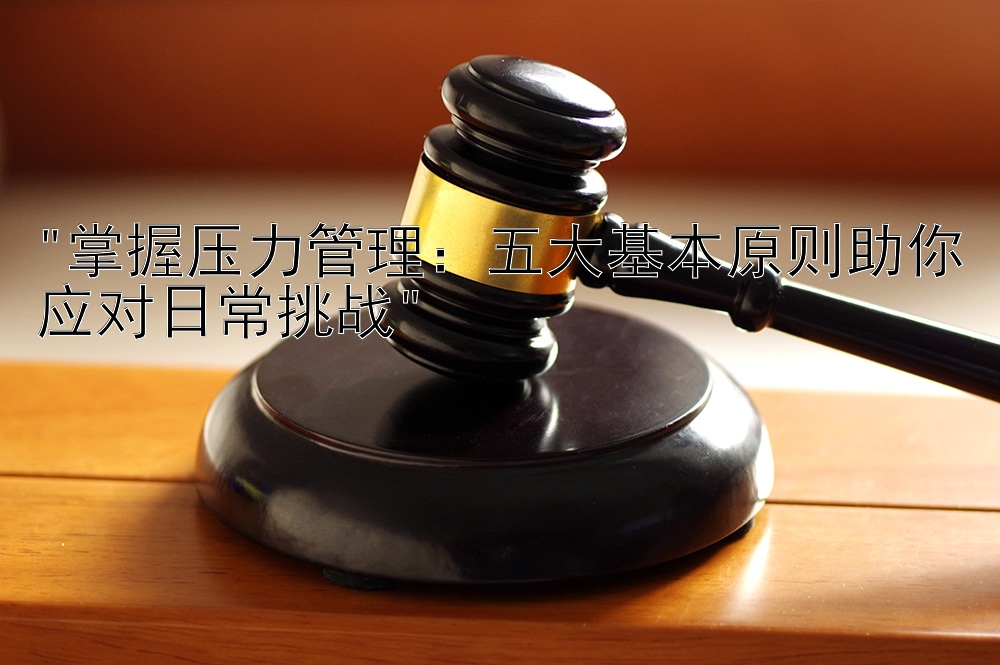 掌握压力管理:五大基本原则助你应对日常挑战
掌握压力管理:五大基本原则助你应对日常挑战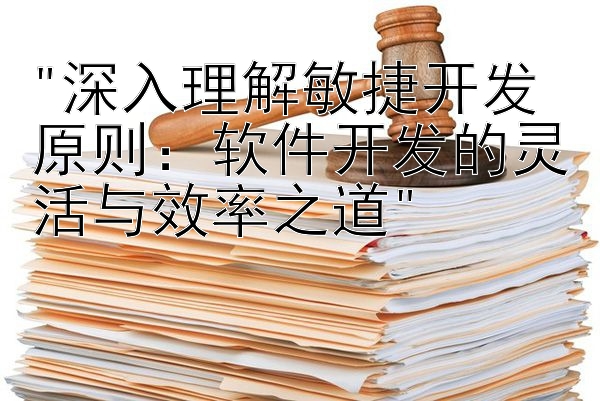 深入理解敏捷开发原则:软件开发的灵活与效率之道
深入理解敏捷开发原则:软件开发的灵活与效率之道 探索机器学习基石:掌握其核心原则与实践技巧
探索机器学习基石:掌握其核心原则与实践技巧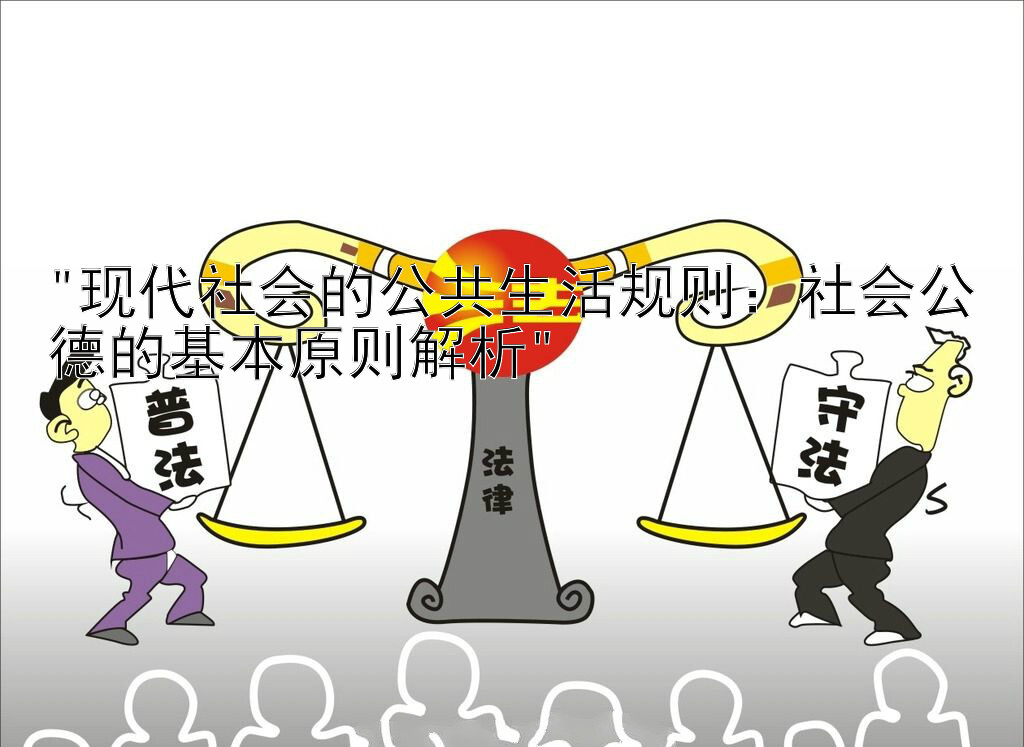 现代社会的公共生活规则:社会公德的基本原则解析
现代社会的公共生活规则:社会公德的基本原则解析